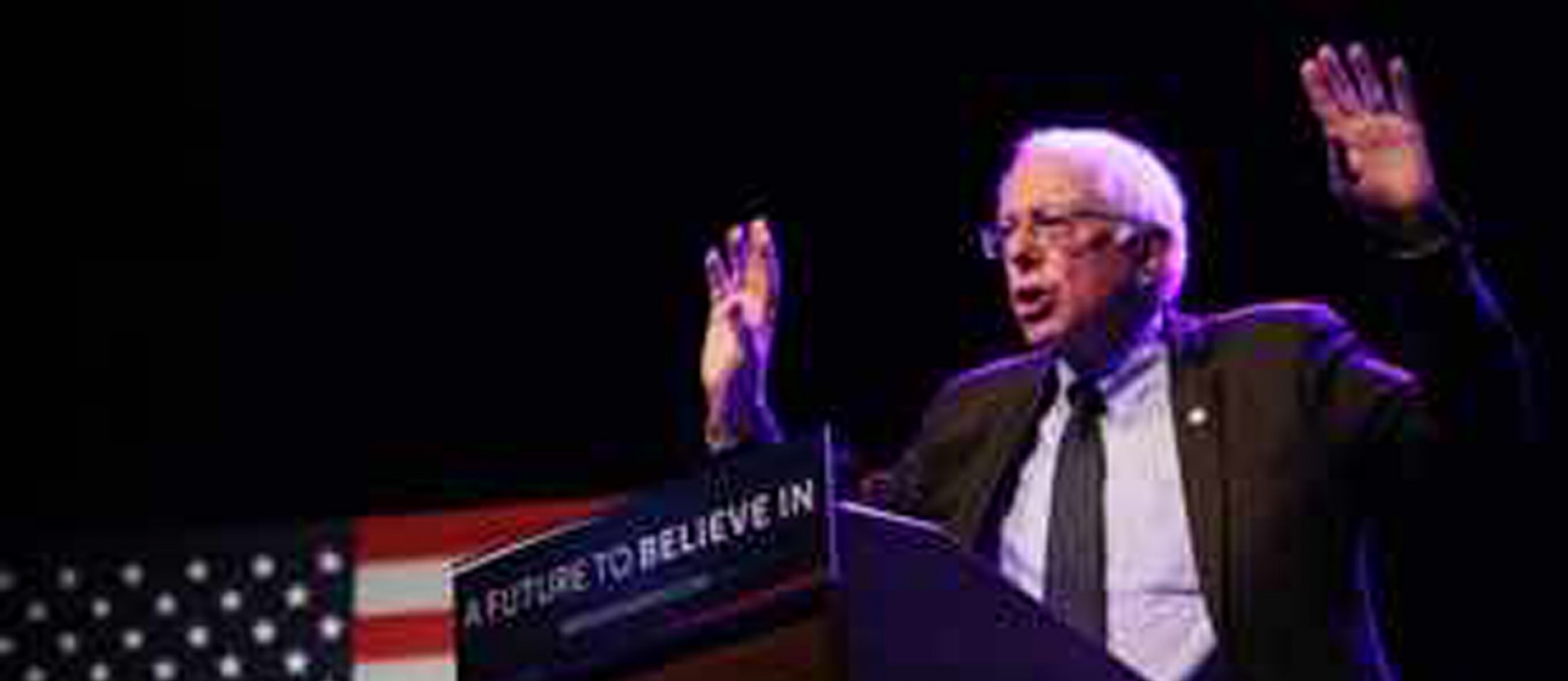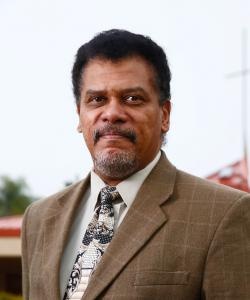Although its roots are often attributed to Latin America, liberation theology was born in German schools of theology in the early twentieth century. From this birthplace in the ivory towers of the Old World, priests and theologians brought it to the jungles and plains of the New. Troubled by the genuine needs of the natives, these populist theologians challenged the pre-capitalist system that perpetuated the poverty of Latin lands. Energized by their vision of change and social justice and eager to make a mark of their own, they went to the favelas and barrios where desperate poverty cried out to God. There they found no solid middle class and no traditions of democracy, only abject poverty on one side and heedless opulence on the other. In the Church, they found the piety of folk Catholicism with no social conscience and a structural alignment with elites. They offered as a solution a concoction of Marxist analysis and Christian praxis.
All of this was music to my ears. For the first time, I perceived that Catholic faith and Communist faith might be compatible. It now seemed possible for me to consider a religious vocation. Only one religious order could satisfy my quest: the Jesuits. What was a good Catholic and Communist boy in 1980s Puerto Rico to do if not to enter the Society of Jesus?
The fierce light of the Jesuits’ intellect and their commitment to socialist liberation obscured the shadows of any doubt I still had, and the goodness of the two superiors at the seminary made my life there a joyous experience. I abandoned myself to the life of a Jesuit seminarian: daily prayer, study, work, Mass, and more study. I seriously contemplated taking the final step and being ordained as a Jesuit priest.
Later, I did the Spiritual Exercises of St. Ignatius of Loyola, a 30-day retreat in silence. The long hours of reflection helped me realize that there was no vocation to the priesthood in me. Desire to have a family had been buried deep under the sad experience of my parents’ troubled union and my admiration for the Jesuit socialist haven. I had no true vocation to the priesthood but instead a passion to merge God and Marx and go to Nicaragua to be in the midst of the revolution. Soon after finishing the spiritual exercises, I left seminary and grudgingly returned home.
A colleague had just returned from studying at the University of Southern Mississippi and insisted that I consider going there. He argued that it was an enjoyable place and that the tuition was a bargain, as well. Mississippi? I was incredulous at the thought of living in a place I knew little about and seemed far removed from the main attractions of American culture. Resolved to pull myself out of my stagnant situation, I applied anyhow. I candidly admit my apprehension to cross the sea toward the hated behemoth, America. Still a communist, I landed in America where, though I was unaware of it at the time, my lungs filled with the air of true freedom.
Embracing New Ideas, and New Loves
By the end of that first summer semester, I was not looking forward to leaving, but there was little hope of anything else. Then one day I was unexpectedly called to the Dean’s Office. Some professors had recommended me for one of only three foreign-student assistantships, which would pay for all my expenses. “Would I accept?” he wondered. Tears of joy gathered in my eyes as I left his office after giving him my enthusiastic answer.
For the first time in my life, the thought began to form in my mind — weakly at first — that possibly things were not as I had been told. There I was, still spewing words of hate against America, yet out of nowhere, and based only on my achievements, I had been offered a reward. Why? About a year before my arrival in the U.S., I was leading an anti-American campaign in my hometown of Isabela, calling on young Puerto Ricans to refuse to fight in the first Persian Gulf War. Paying for anti-American propaganda posters myself — they read, “George Bush and Saddam Hussein are the same. Do not fight in the Iraq War” — I took pleasure in distributing hundreds of them. Why offer me any benefit at all? Yet, America embraced me and gave me opportunities I had never dreamed of.
I soon found myself troubled by heretical thoughts, though I zealously resisted them. How could I contemplate abandoning the familiar ideas that gave me life? I mourned over the possibility and refused to allow my thoughts to cross my lips. Beneath the silence, however, there was a movement of spirits. Reality was insistent.
The fall of the Berlin Wall threatened to strike another nail into the coffin of my self-confident ideology. It was not supposed to happen. Beginning to read what I previously considered meaningless Yankee propaganda,and re-reading what was familiar without the easy assumptions of socialist orthodoxy to come to my rescue, a new world opened before me. I still fought the thoughts with appeals to the last of all socialist excuses: “Socialism has never been tried.” For a communist, the embarrassment of reality must be opposed by a stubborn insistence on airbrushing history to preserve a semblance of respectability. Having been so wrong for so long about politics, life, and economics, it was excessively difficult to face the devastating truth.
I discovered that socialism survived in me as an idea, only to be pursued but never attained, because if I were to find it in reality I had to dig under a pile of corpses. Socialism is a utopian plan to build what cannot be built, to realize what is only illusory, and to destroy what works even if the result is chaos and death. As its analysis of reality and its anthropology are faulty, socialism fails not because a given radical experiment fails. It fails because it is false in its essential premises. One day I would finally accept the error of my poorly crafted deception. I would then realize that socialism had been tried, and the result had been, and will always be, the Gulag.
While still in the throes of my struggle, I met my wife, Crystal. A beautiful and intelligent African-American woman, she captivated me with her love of God and assertive confidence. My encounter with her and other American blacks aroused in me a desire to know even more about issues of race in America. Not only did I attend classes on black issues and devour tome after tome about history, I also enjoyed being around my black brethren. My first attendance at a Southern black Baptist church Sunday service remains one of the most inspiring events of my life. The memory of my first “soul food” meal at Crystal’s family home in Hazlehurst still whets my appetite.
No longer shielded from the fangs of a fiend called liberty, my past assumptions met another powerful opponent who made my views on race and ideology fall into utter silence: the remarkable scholarship of Thomas Sowell. As I began to read him, especially his formidable A Conflict of Visions, I learned how my views on race were imbued with the same failed paradigm of victimhood proposed in the dialectics of history that were explored by Feuerbach, developed by Hegel, and popularized by Marx. They had made me think that out of the horror of revolution comes the triumph; thus, the travails inflicted by revolution pale in comparison to the evils of capitalism. Similarly, racism was the pernicious effect of a capitalist system forever in search of power, and race was nothing more than an epiphenomenon of class.
The final blow came from The Content of Our Character by Shelby Steele. I discovered the falsity of the victimhood narrative. American whites had not yet had the opportunity to oppress me and I was already considered a victim, a wounded casualty of a race war that tied my future to an identity as victim. The moment I stepped off the plane, I was considered a victim, in spite of the freedom and opportunity I encountered at every corner.
I cannot identify exactly when I finally surrendered to the truth. Experience after experience and book after book shattered preconceived notions about America and about capitalism that formed the basis of my worldview. One day I simply woke up to realize that I had become what I had always hated, a lover of freedom and a believer in “the American way.”
Baptism by Fire
Renouncing socialism was a baptism of water but also of fire and blood. My situation brought to me great joy but also new enemies. As socialism is a mood more than a cogent system, it uses shame as a weapon against those who dare to abandon the fellowship. Nonetheless, when you reach a transforming truth, you cannot hide it from others. “Don’t be a fence-sitter,” my dad said, and I have kept the family tradition of rebellious insistence.
A few years ago, I buried my father, his beloved Puerto Rican flag embracing his casket as he had embraced it with his life. He died a communist. At that time, I again silently sang the revolutionary songs to pay homage to the fallen warrior. Looking back on his journey, I feel a sense of contented thankfulness for God’s mercy in revealing through my father that life is finally meaningless if truth is not passionately pursued. It is true, the air of freedom now filling the lungs of my soul killed the fantasies of socialism within me, but Dad’s committed life taught me how to retrieve and wave a new flag, the flag of freedom. And now, I am convinced, he still looks on in contented approval.
As I type these words, it has been only a few weeks since my mom joined my father in Heaven. For the last few years we saw her gradually slip away as her mind dissipated in advance of her death. The strength of her love, however, refused to surrender. At Mom’s funeral, there were no flags over her coffin and no one to intone any revolutionary songs. There were only tears from those who loved her and for whom she offered her life.
Mom died on Thanksgiving Day, a holiday invented in the land I now call home. She died on a day that reminds us of the beauty of faith and freedom. As I flew home to bury my mother, I cried with sadness but even more with joy, thanking God for giving me a special mother. Returning to America, my new home, I again gazed through the plane’s window upon the waters of liberty below. Waters I once crossed over in fear I now beheld in gladness.
Ismael Hernandez is the founder and president of the Freedom and Virtue Institute in Ft. Myers, Florida. This commentary is excerpted from his forthcoming book, Not Tragically Colored: Freedom, Personhood, and the Renewal of Black America (Acton Institute 2016).




